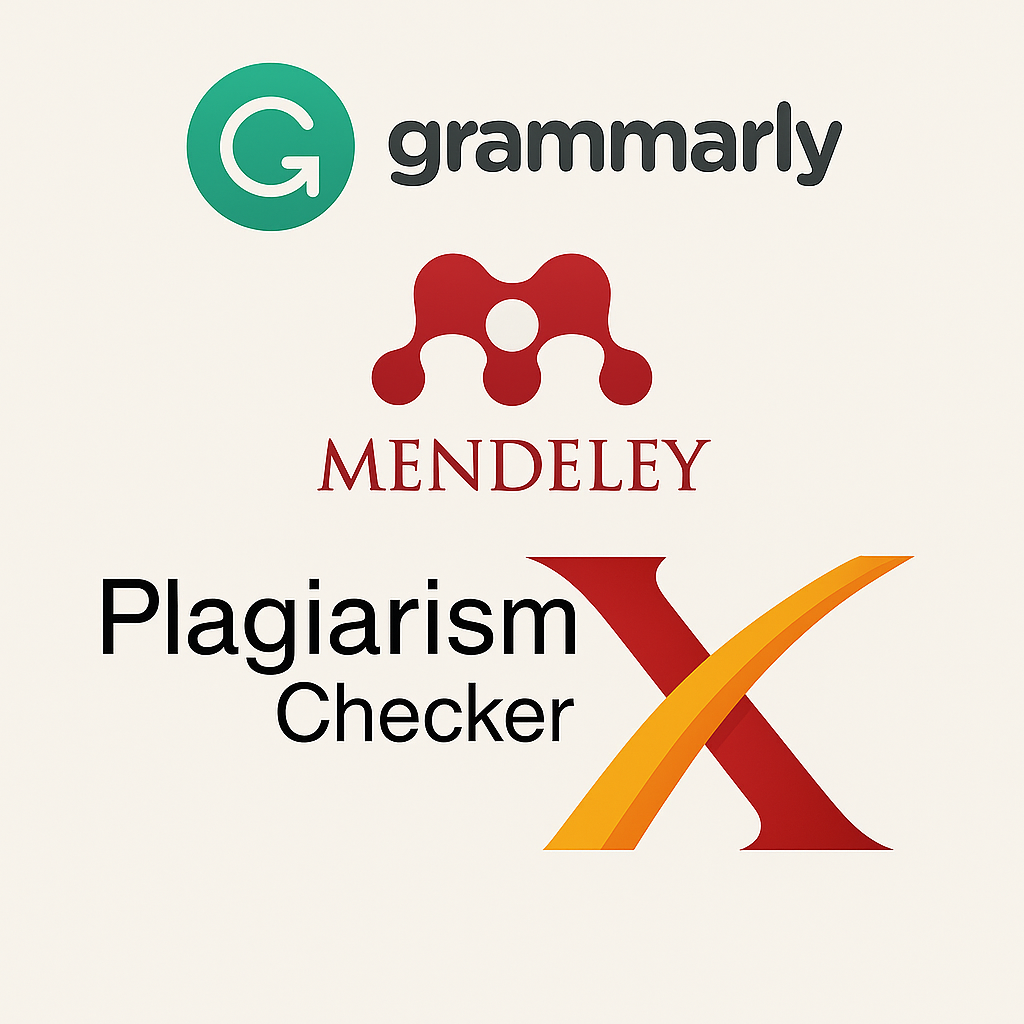Classification of Chocolate Consumers Using Ensemble Bagging Algorithm to Improve Prediction Accuracys
Keywords:
Chocolate, Classification, Ensemble Bagging, Machine Learning, Decision TreeAbstract
Chocolate is one of the most popular consumer products, but excessive consumption can trigger negative impacts such as obesity, cardiovascular disorders, and metabolic issues.This research aims to classify chocolate consumers using the Ensemble Bagging algorithm, with a focus on improving the accuracy of predicting consumption tendency levels.The research data was obtained from the UCI Machine Learning Repository, using a modified drug consumption dataset to focus on chocolate consumption behavior.The issue of class imbalance in the data was addressed using the Synthetic Minority Over-Sampling Technique (SMOTE), resulting in a more balanced data distribution and enabling the model to better recognize the minority category.The model development process was carried out using the Python programming language, with a data partition of 70:30 to optimize the classification results.Model performance evaluation uses a Decision Tree structure generated from Ensemble Bagging to visualize the decision paths and prediction distribution at each node.The research results show that the Ensemble Bagging algorithm successfully improved classification accuracy significantly compared to previous classification methods, such as Support Vector Machine (SVM).The decision tree formed is capable of showing chocolate consumption patterns based on certain attributes, such as age, gender, and education level, with relatively high accuracy, precision, recall, and F1-score.These findings prove that the Ensemble Bagging method evaluated through the Decision Tree not only improves accuracy but also clarifies the interpretation of prediction results.This research has the potential to be used in the development of machine learning-based food consumption behavior classification systems, while also contributing to efforts to prevent excessive consumption in society.
Downloads
Published
Issue
Section
License

This work is licensed under a Creative Commons Attribution-ShareAlike 4.0 International License.








